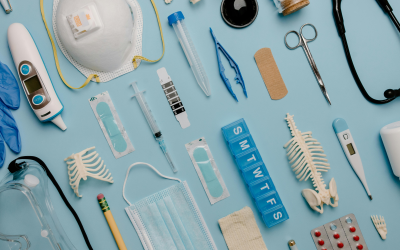Can AI transform workplace health and safety? A new study from West Virginia University examines its potential in occupational medicine, analysing 47 AI models across 27 studies. Promising applications include:
- Predicting noise-induced hearing loss in industrial workers
- Forecasting blood cell changes due to chemical exposure
- Assessing risks for musculoskeletal disorders and lung disease
- Estimating return-to-work and disability duration
Despite these advances, researchers stress the need for AI models that are transparent, validated in real-world settings, and trusted by clinicians. The takeaway? AI can be a game-changer, but only if implemented responsibly.













.png)
